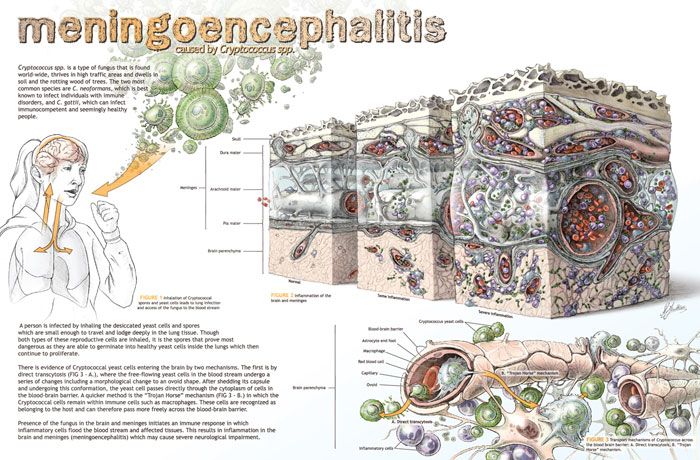
A small boy from Minnesota is critically ill after swimming in a lake this summer, and now there is an investigation underway as to whether he is infected with a rare, brain-eating amoeba.
According to ABC News [1]:
The Minnesota Health Department is investigating if the unidentified child developed a rare and severe brain infection called primary amebic meningoencephalitis (PAM). The infection can occur if an amoeba called Naegleria fowleri is able to travel through the nasal cavity in the brain.

BYPASS THE CENSORS
Sign up to get unfiltered news delivered straight to your inbox.
You can unsubscribe any time. By subscribing you agree to our Terms of Use
The state’s health department said the child developed symptoms after swimming in a Minnesota lake and that the kid remained in crucial condition.
The Duluth News Tribune reported [2]: The suspected infection, primary amoebic meningoencephalitis, is commonly found in freshwater and soil and can, in rare cases, infect people by entering the body through the nose. The amoeba is called Naegleria fowleri, according to the Health Department [3].
Once the amoeba enters the nose, it travels to the brain, causing the meningoencephalitis, which is usually fatal, according to the Centers for Disease Control and Prevention.
The infection cannot be contracted by drinking contaminated water, the CDC says.
Just last week YourNewsWire reported about a woman from California who died in Reno, Nevada of a brain-eating infection – you can read about that HERE [4]. The similarities between the cases are, to say the least, saddening.

This newest case of the amoeba, in the state of Minnesota, comes after a string of cases that popped up seemingly out of nowhere beginning in 2010. That year, the infection claimed the life of a seven year old girl named Annie Elizabeth Bahneman. In 2012, a nine year old Jack Erenberg died after swimming in the same lake as Annie.
In an article by The Star Tribune [5]: Annie’s death was the first in Minnesota from the illness — a form of meningitis — and probably the first in a Northern state, the Minnesota Department of Health said at the time. She died at Children’s Hospital in St. Paul four days after she fell sick with vomiting and a headache.
Jack had fallen ill and became dizzy while camping with his mother and other family members in the Grand Marais area, on the North Shore of Lake Superior. At first, doctors thought it was flu, and Jack returned to camp. After he became sicker, with a bad headache, a medical helicopter flew him from Grand Marais to Duluth, where he died.
Jack’s father, Jim Ariola, has sued the city of Stillwater, alleging that city officials altered the bottom of Lily Lake to create a shallow area, resulting in especially warm water uniquely favorable to the Naegleria fowleri amoeba.
The city has argued that it couldn’t prevent an amoeba that’s naturally occurring in the environment.
One of the unconfirmed cases in Minnesota involved the death of 12-year-old Hailee Marie LaMeyer of Stacy, Minn., who died in 2008 after swimming in Fawn Lake near her home. Her family has said that circumstances of her death mirrored those involving Annie and Jack, but testing of cerebral spinal fluid came too late to offer conclusive proof.
The microscopic flesh-eating amoeba, invisible to the human eye, becomes dangerous to humans when it enters the nose and travels to the brain, where it kills tissue and causes inflammation and death.
Only time will tell what the fate of the infection’s latest victim will be.
Sources:
[3] http://www.cdc.gov/parasites/naegleria/
[4] https://thepeoplesvoice.tv/brain-eating-amoeba-kills-california-woman-in-reno-nevada/
[5] http://www.startribune.com/child-is-critically-ill-after-swimming-in-pope-county-lake/312320391/


